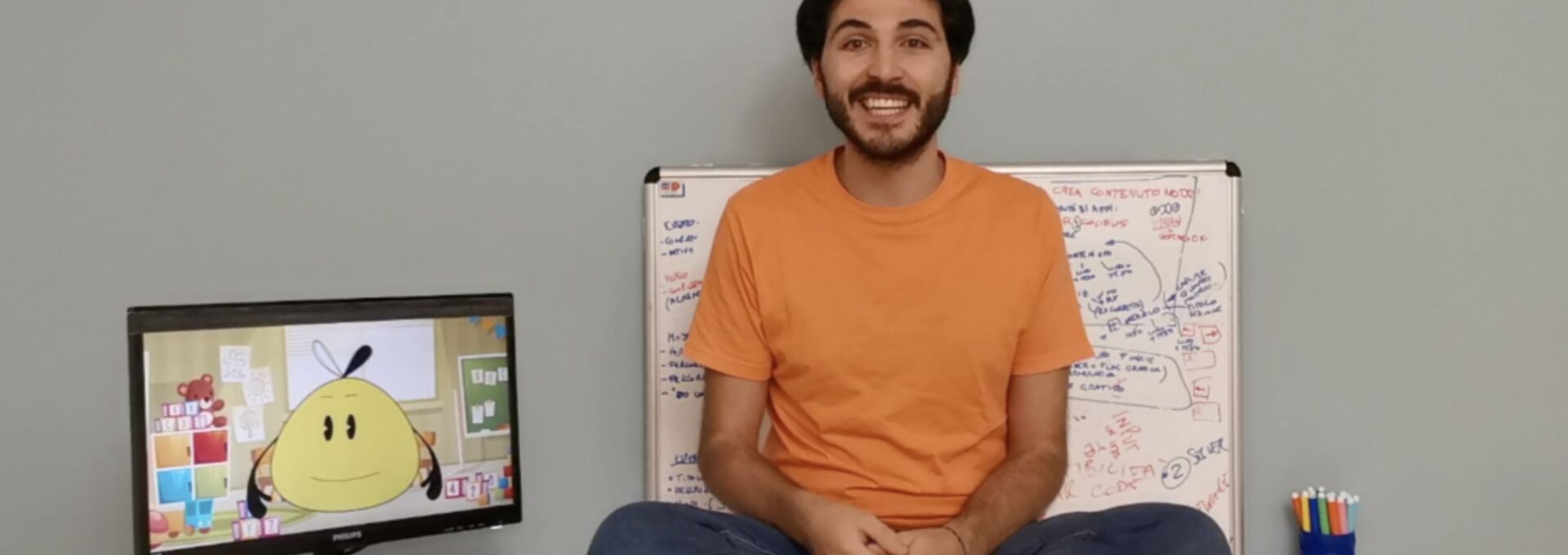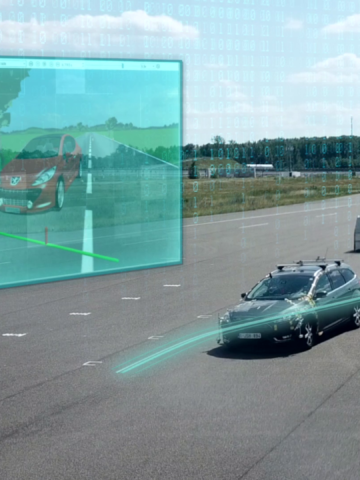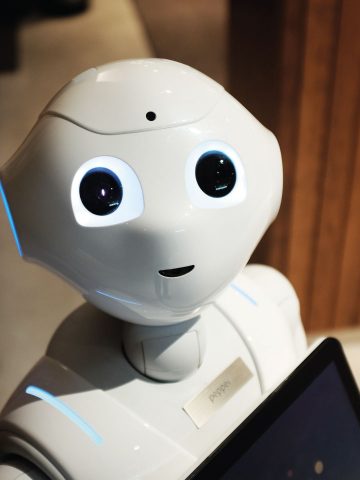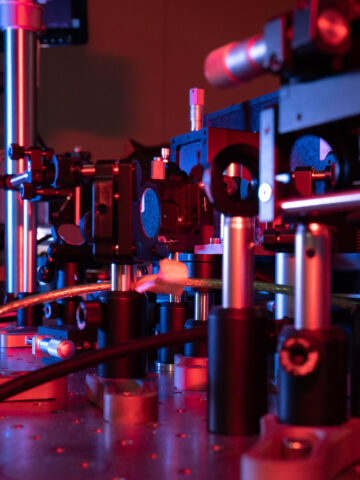Sometimes, in our imagination, technology takes on a detached, almost cold connotation, influenced by our almost reverential approach to science. In fact, many of the practical applications of those technologies have a concrete effect on the daily and very personal aspects of our social life.
One example concerns the most innovative technologies and applications in the wellness sector, one of the most flourishing research lines at the Politecnico di Milano.
There is a very widespread disorder that people know very little about. It’s called emotional dysregulation. It is a neurodevelopmental disorder (NDD), a framework encompassing a group of conditions characterised by severe deficits in the cognitive, emotional and motor spheres, which produce communication impairments and affect the person’s social life. It is estimated that as much as 10% of the population suffers from this condition at various levels.
Emotional dysregulation is split into several stages of seriousness: from difficulties recognising the emotional state of others, to impediments in the production of their own, to a total inability to identify and recognise them in themselves, a state that is known scientifically as alexithymia.
Fabio Catania, 27, is a PhD student in Information Technology, working in the Emoty project, who has written a thesis on the use of conversational technologies and affective computing to support neurodevelopmental disorders.

The Emoty project uses technology with a view to alleviating the difficulties of some people in recognising and expressing emotions.
It is not a virtual assistant supporting everyday life; it is more of a “coach” that helps to develop better emotional control and self-awareness, so as to improve communication skills and consequently quality of life.
The project has been developed in close collaboration with psychologists, linguists, therapists, neurologists, caregivers and people with neurodevelopmental disorders.
Emoty is based on conversational technologies, one of the research topics explored by the I3lab laboratory, where Catania is conducting his thesis. Conversational technologies are those we use every day when we interact with the well-known voice assistants.
It is basically a voice that dialogues in Italian on screen, conversing with users in a natural language and entertaining them with chats and educational games.
Its goal is to stimulate conversation. There are many people who do not feel comfortable interacting with others. For them, communicating with a computer is an advantage as it involves a single channel of interaction, eliminating nonverbal communication, which can be difficult and distracting.
Emoty offers a variety of games, so as to engage users in a fun and interactive manner.
For example, one of Emoty’s activities involves uttering a phrase spoken with a certain intonation and then asking the user: “What emotion is being expressed?”.
Alternatively, it displays a phrase on the screen and then asks the user to repeat it, expressing a certain emotion by modulating their tone of voice.
At that point, drawing on artificial intelligence, Emoty uses machine learning and deep learning techniques to process the audio track, identify which emotion was actually transmitted by the user’s tone of voice, and give feedback.
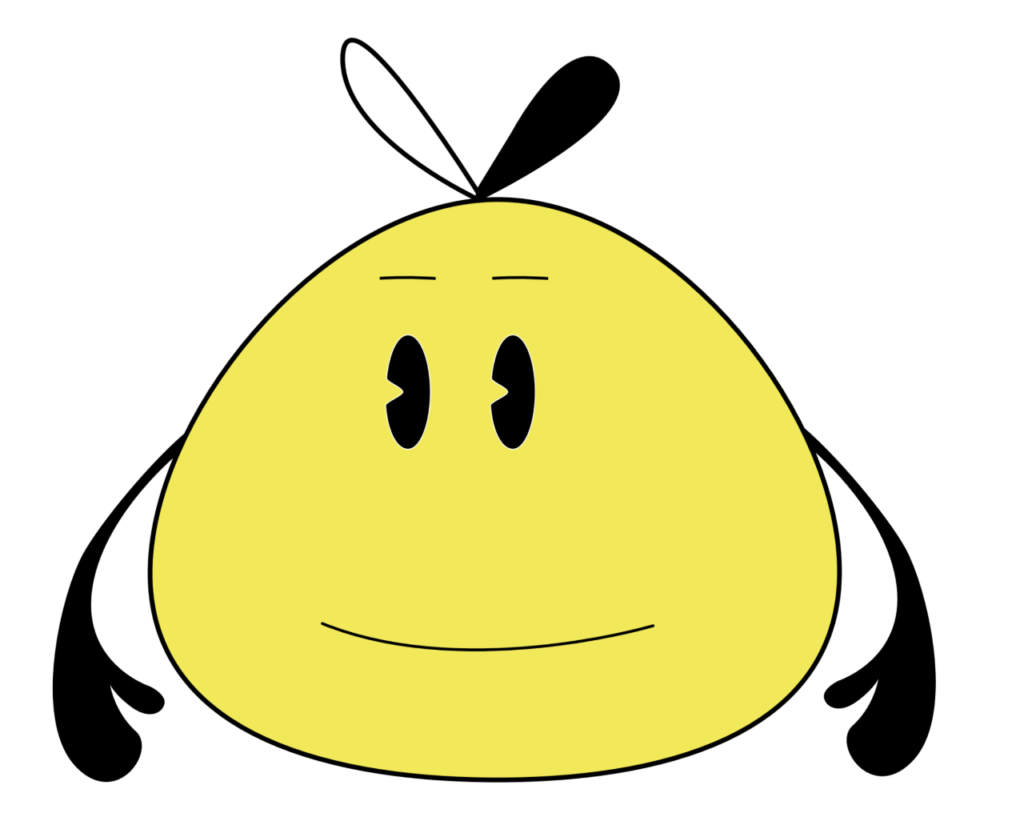
To be more effective from a therapeutic point of view, Emoty needs to train to recognize emotions in the tone of the voice, to become more precise and accurate. Therefore, an online platform has been created, open to everyone, to contribute by providing audio from which to learn.
Experiments have been carried out on children to verify their perception of the application and its usability.
The results were twofold. Sometimes they appreciated the human characteristics of Emoty, interacting with the machine as they would interact with a person. At other times they recognised the characteristics of a machine, endowing the computer with the authority and infallibility that only an electronic computer can have.
It is still too early to tell what the data reveal, as collection is still in progress. However, we have noticed an improvement in the children’s performance as they played with Emoty.
